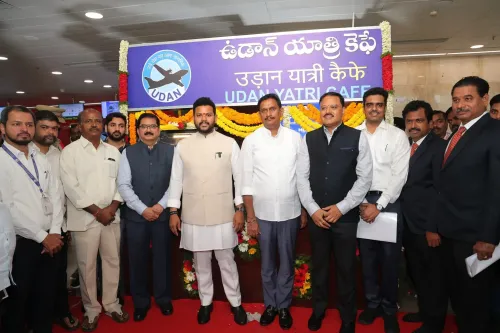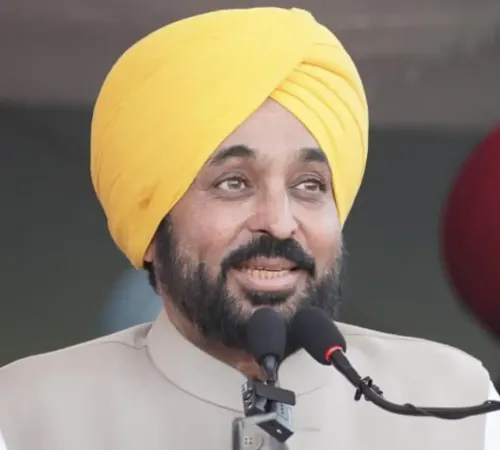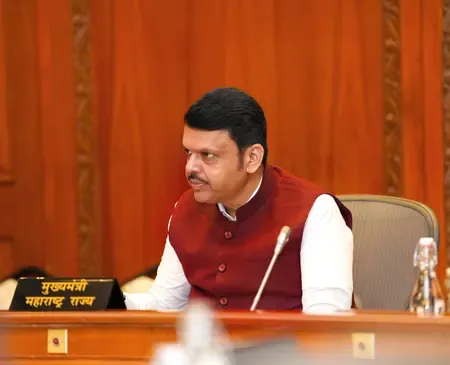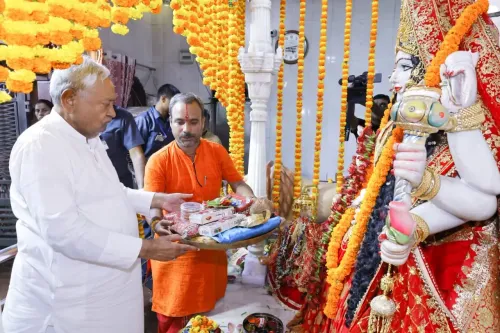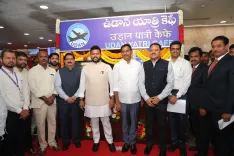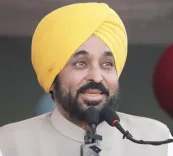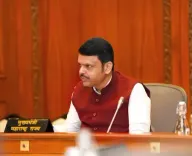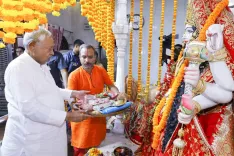What Changes Have Been Made in the Punjab Assembly’s Goods and Services Tax?

Synopsis
Key Takeaways
- Punjab Assembly passes GST Amendment Bill unanimously.
- Amendments align state law with Central GST regulations.
- Punjab's revenue losses due to GST exceed Rs 1,11,000 crore.
- Finance Minister urges urgent attention to state financial stability.
- Concerns raised about compromising federal structure.
Chandigarh, Sep 29 (NationPress) The Punjab Goods and Services Tax (Amendment) Bill, 2025, alongside the Punjab Co-operative Societies (Amendment) Bill, 2025, received unanimous approval from the state Assembly on Monday after being introduced by Finance Minister Harpal Cheema.
While discussing the Punjab Goods and Services Tax (Amendment) Bill, Minister Cheema explained that the new legislation seeks to amend various sections of the Punjab Goods and Services Tax Act of 2017, specifically Sections 2, 12, 13, 17, 20, 34, 38, 39, 107, 112, and Schedule III, in addition to introducing new Sections 122-A and 148-A.
He stated, “These amendments are designed to align with the provisions of the Central Goods and Services Tax Act, 2017, which was recently updated by the Finance Act, 2025.”
The Finance Minister addressed concerns raised by the Leader of the Opposition, Partap Singh Bajwa, regarding the Goods and Services Tax (GST) framework, referencing an article by former Union Finance Minister P. Chidambaram.
Cheema noted that the GST concept was initially proposed by Chidambaram in 2006 but was not enacted by the UPA government due to opposition.
He further mentioned that the BJP-led NDA government advanced the idea based on the principle of 'One-Nation One-Tax', which was accepted by the then Punjab Finance Minister, Manpreet Singh Badal, in Delhi.
At that time, the Union government had assured that the compensation cess would continue until the states' economies stabilized, yet this cess was terminated after 2022.
Highlighting the negative effects on Punjab, Finance Minister Cheema remarked that the state’s pre-GST revenue neutral rate was 18.3%, markedly higher than the national average of 14%.
Post-GST implementation, Punjab suffered a loss of Rs 1,11,000 crore over eight years, while only receiving Rs 61,000 crore from compensation tax.
He also pointed out that numerous other states are facing revenue declines due to GST, yet their voices are unheard by the Central government due to the BJP's dominance.
Cheema argued that the Congress should have anticipated state losses when initially proposing GST, asserting that productive states like Punjab are disproportionately affected because GST is a consumer-based tax.
The Minister reiterated his pleas to Union Finance Minister Nirmala Sitharaman not to destabilize state economies.
He cautioned that compromising the federal structure could reduce states to the status of municipal committees, subordinate to the Centre.
Minister Cheema concluded with worries that the BJP is systematically eroding the Constitution created by B.R. Ambedkar, citing policies like 'One Nation One Tax' and 'One Nation One Election' as harmful to the federal framework.
He reaffirmed that the Aam Aadmi Party opposes such policies but acknowledged that the GST proposal originated with the Congress.

